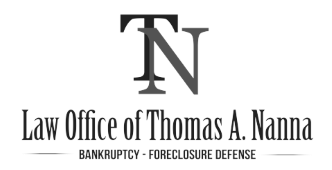It releases the Debtor from personal liability for discharged debts. Thus, it prevents the creditors owed those debts from taking any action against the Debtor to collect the debts. Most, but not all, types of debts are discharged if they existed on the date the bankruptcy case was filed and were listed on the schedules. Some of the debts that are not discharged are discussed in question 15. Bankruptcy law regarding the scope of a discharge is complex, and Debtors should consult competent legal counsel prior to filing.
Can a discharge be denied?
Under certain circumstances, 11 U.S.C. § 727 provides the Debtor’s discharge may be denied in a chapter 7 case. Grounds for denial exist when the Debtor: (1) failed to keep or produce adequate books or financial records, (2) failed to satisfactorily explain any loss of assets, (3) committed a bankruptcy crime such as perjury, (4) failed to obey a lawful order of the bankruptcy court, or (5) fraudulently transferred, concealed, or destroyed property that would have become property of the estate.
What is the difference between a discharge being denied and a debt being declared nondischargeable?
The court can deny the Debtor’s discharge of all debts, or determine that a particular debt or debts are nondischargeable. If the court denies the discharge of all debts, then the Debtor will still be legally responsible for all the debts as if no bankruptcy petition had ever been filed. If only certain debts are ruled nondischargeable, the Debtor will still receive a discharge order. However, the Debtor will remain legally responsible for those nondischargeable debts. For a discharge to be denied, either as to a particular debt or as to all debts, someone must file an adversary proceeding (lawsuit) with the court. That party must then prove one of the grounds for denial of the discharge or for a debt to be declared nondischargeable.





